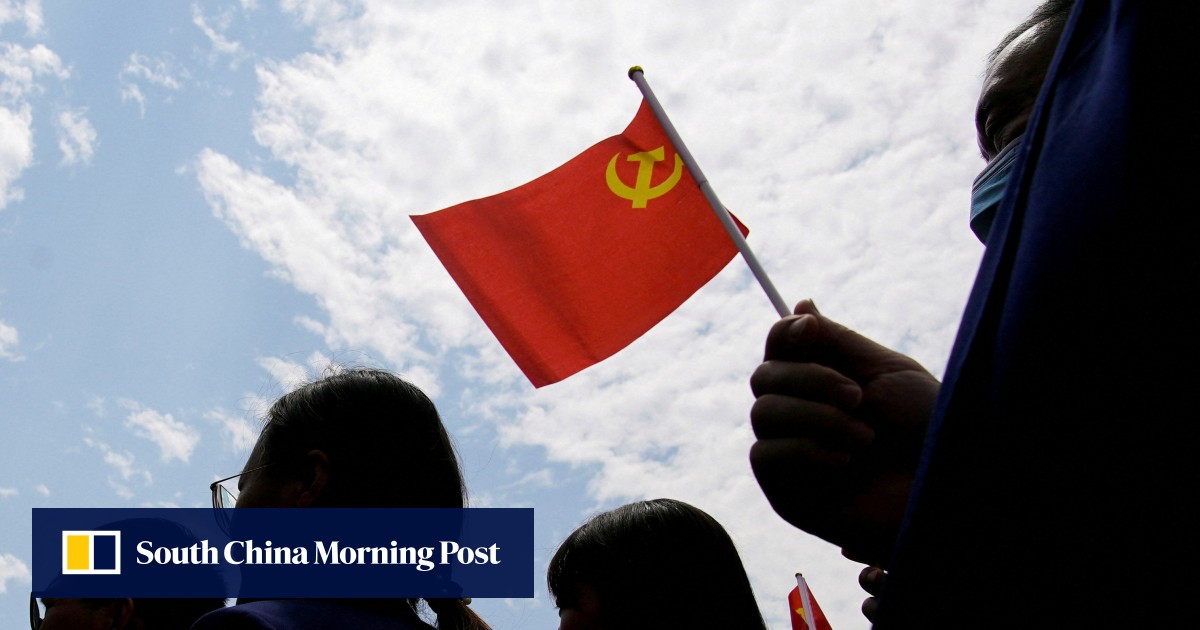Top priorities will include party discipline and cohesion, according to a statement issued after the meeting, though “high-quality development” was also emphasised.
“Businesses do not know where they stand due to mixed messaging from the Chinese government, which is contributing to a growing sense of uncertainty, further eroding confidence in this important market,” said Adam Dunnett, secretary general of the European Union Chamber of Commerce in China.
A lack of coordination between different ministries with different agendas has often led to contradicting actions, he added.
Disparity between words and action has often confused the market. Beijing has frequently pledged support for the private sector as well as foreign businesses, but concrete aid has at times eluded those affected.
Any delay in delivering on promises made to the foreign business community will decrease trust
Moreover, Wednesday’s statement made no mention of the already deferred third plenum of the Communist Party’s Central Committee, typically held in October. The regular session is an important part of the five-year political cycle, and is conventionally used to draw the blueprint for economic policy.
“The unexplained delay in holding the much-anticipated third plenum will further undermine already low business and consumer confidence,” said Trivium China, a policy research group, in a report on Wednesday.
“That will make it more difficult for the economy to consolidate its nascent recovery.”
German companies would like to see stimulus and reform to be prioritised to boost the economy, said Jens Hildebrandt, executive director of the German Chamber of Commerce in China.
Hints suggest private-sector confidence high on China’s 2024 agenda
Hints suggest private-sector confidence high on China’s 2024 agenda
“Any delay in delivering on promises made to the foreign business community will decrease trust among German investors,” he said. “A third plenum that delivers clear signals on how China plans to address its structural economic challenges and shape its future would be greatly appreciated.”
The country is currently attempting to scrape numerous economic barnacles from its hull as it navigates its post-pandemic recovery.
“Despite some reassuring signs … such as the temporary introduction of visa-free entry to China and the extension of some tax policies”, said Dunnett of the EU chamber, “more is needed to address other issues.
“Chinese policymakers have rhetorically signalled their intent, it is an open question as to how far regulators are willing to go.”
Lip service is paid to the private sector and foreign investment, said Jean-Pierre Cabestan, emeritus professor at Hong Kong Baptist University, but in reality state-owned enterprises remain the major pillars of the economy.
Rather than the pace of China’s meetings, US companies are more focused on concrete steps the government takes to improve the business climate, said American Chamber of Commerce in China chairman Sean Stein.
Additional reporting by Frank Chen







